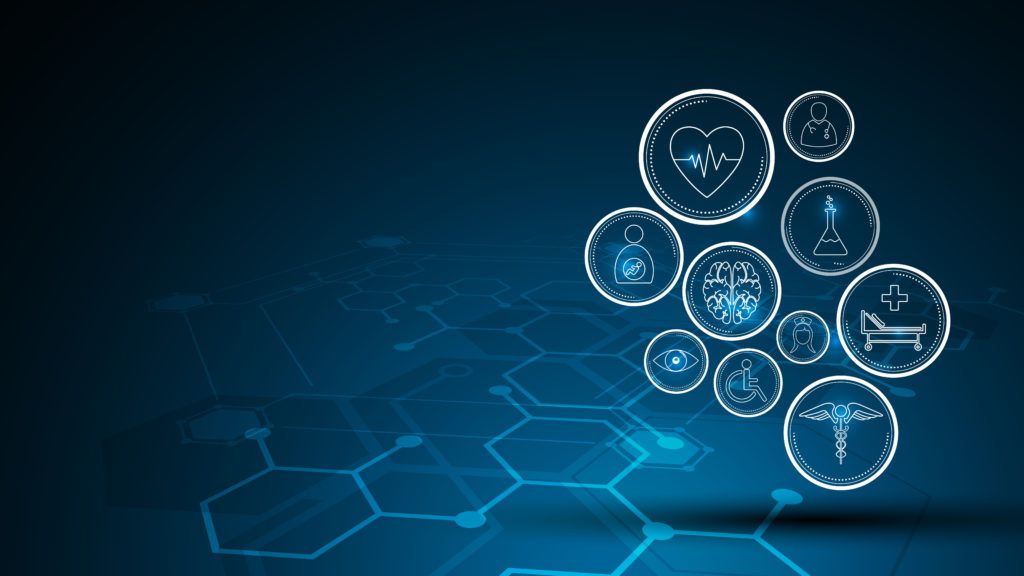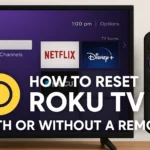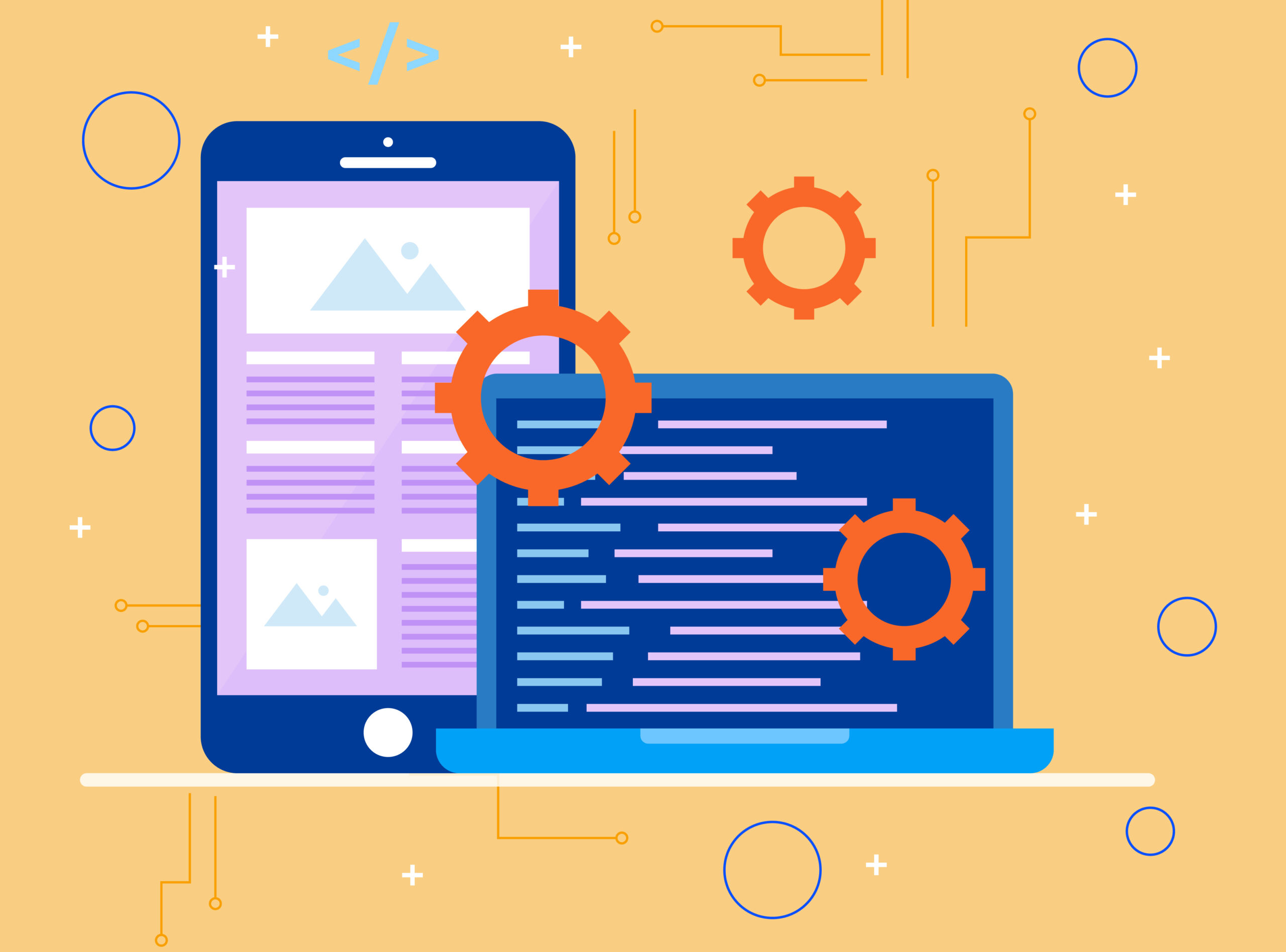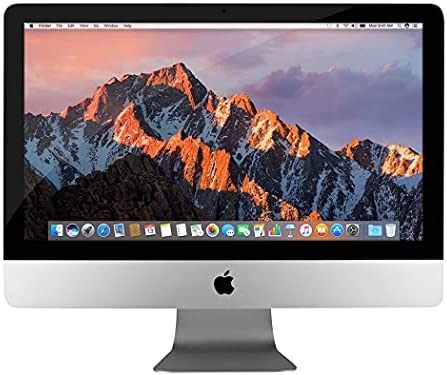It takes a lot of creativity and effort to develop a healthcare app that people install and use. There are so many applications developed in the past which brought no value. It’s crucial to stay ahead of the game and know what exactly users expect. Be update with the latest trends that affect the healthcare app development industry.
With the advancements in digital technologies, mobile apps have become an integral element of our lives. Healthcare professionals are also using them widely in the evolution of digital medicine. Healthcare app developers need to stay on top of the upcoming trends to remain a step ahead of competitors. They need to pay extra attention to the changes in the technological landscape of the medical industry and be aware of how to use them to make their apps valuable and relevant.
The best healthcare apps are the ones that adopt state-of-the-art technologies to solve issues.
So, here we are discussing the healthcare mobile app development trends that will impact the industry in 2022.
Robotic Process Automation (RPA):
RPA technology empowers bots, and it is a significant milestone in the healthcare industry. AI algorithms scan the symptoms of patients and guide them to the appropriate doctor. Healthcare professionals can experience cost reduction, accurate automation, and staff optimization with this tech.
With the technological innovation of RPA, there are robots that mimic human behavior to perform specific tasks. They can input data, implement pre-defined actions, and detect screenwriting. You can also use these bots for hospital management. It can also be used as optimal care delivery, information management, and appointment scheduling.
Voice Tech:
Voice tech in medicine eases workflows for caretakers and clinicians and empowers patients. For instance, an elderly can use this technology to set daily medicine intake reminders. Or a hospitalized patient can ask a smart speaker to contact a nurse or turn on the TV for them.
Healthcare professionals, insurance companies, and physicians can reap enormous benefits from voice tech. Reaching out to the entire patient population and handling their problems is an overwhelming task. Voice tech can make it quite manageable.
Telemedicine:
The telemedicine healthcare app development trend is at its peak because of the COVID-19 pandemic. Another reason for its popularity is the abundance of areas on the planet with poor access to medical facilities. Telemedicine is a great way to bridge the gap, speed up healthcare services, and make them more affordable.
According to statistics, more than 71% of the patients today use mHealth apps. They find it more comfortable to consult their doctors over a video call rather than meeting in person. Telemedicine enables healthcare professionals to manage chronic diseases cases with more convenience. As patients won’t need to go to the doctors too often, it will also reduce patient monitoring costs.
Blockchain:
Blockchain handles a database that consists of chains of blocks. Each block is connected with the other and contains information about the previous one. It can improve the management of vast amounts of data in any industry. In medicine, blockchain helps in making predictions about patients’ health. It assists in providing optimal treatment at a sustainable cost, makes a better diagnosis, and reduces the number of medical errors. Blockchain ensures secure interfaces for medical data exchange between organizations and doctors.
Cloud-Based Solutions:
Cloud-based applications make it easier for hospitals to access healthcare insurance plans, patient records, and bills. They ensure effortless sharing of data, files, records, and checking e-prescription. You can also use cloud data for tracking purposes with the development of epidemics.
Artificial Intelligence:
In the past, AI was just associated with science-fiction movies. But now it has become a vital aspect in different fields like finance and education. The healthcare industry can also leverage enormous benefits from this technology.
AI processes a large amount of information and draws conclusions for it. It is a valuable feature for the medical industry. Just like other technologies, AI is also paving its way into healthcare. It helps to tailor treatments, facilitates and analyze medical imagines, and create medicines. Automating routine scheduling and paperwork, AI streamlines workflow in medical facilities.
Chatbots:
As you can read above the enormous applications of AI in the medical field, let’s discuss one of them. Chatbots are the more widespread and evident manifestation of AI in healthcare. Healthcare organizations use Chatbots for making appointments and accessing information about medicines. They also help in many other medical tasks like symptoms analysis, locating nearby clinics, and virtual nurse consultations.
Virtual and Augmented Reality:
The Healthcare sector is widely using virtual reality technologies to help people with depression, autism, visual impairment, and cancer. Augmented reality is used for analyzing CT scans and MRIs. AR/VR can save a lot of time for healthcare professionals and staff costs as well. AR is gaining traction in the fitness industry. People are using these devices to make exercising more engaging and straightforward. When it comes to VR, people are using Black Box VR to perform typical exercises. The technology compares the users’ movements with the recording of the fitness instructor and calculates the burned calories.
Big Data and Analytics:
The larger the healthcare organization is, the more unstructured and complex data set it possesses. If you process this data manually, you’ll be lost in dozens of meetings and spreadsheets. For this, the medical sector needs technology that processes Big Data and provides real-time analytics instead of humans. By leveraging data-driven insights of previous patient interactions, Big Data recommends the changes. By this, patients get timely service and treatment plans. And healthcare providers enjoy a greater level of control over the supply chain and staff optimization.
Conclusion:
The market of mobile application development is vibrant, but there are fewer ideas related to healthcare. It means there is room for development. Mobile health is the step towards upgrading the overall healthcare system. Healthcare application development trends will disrupt the global healthcare sector in the coming years.
If you want your healthcare organization to be on top of these trends, you can consult vendors offering quality app development services like Xavor Corporation. At Xavor, we design and develop front-end solutions for your mobile applications. We use the latest mobile app technologies and trends to bring life to your great ideas.













